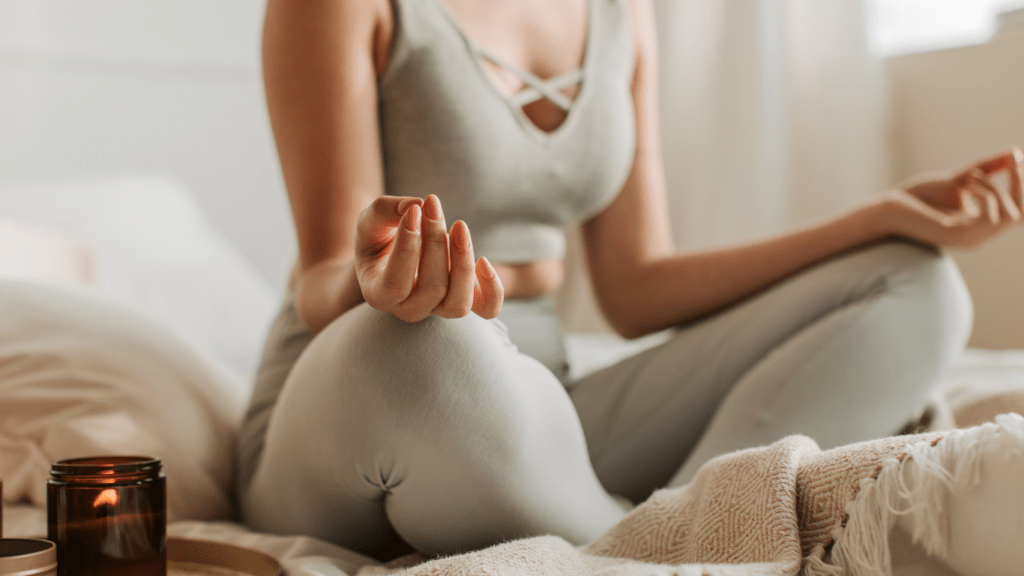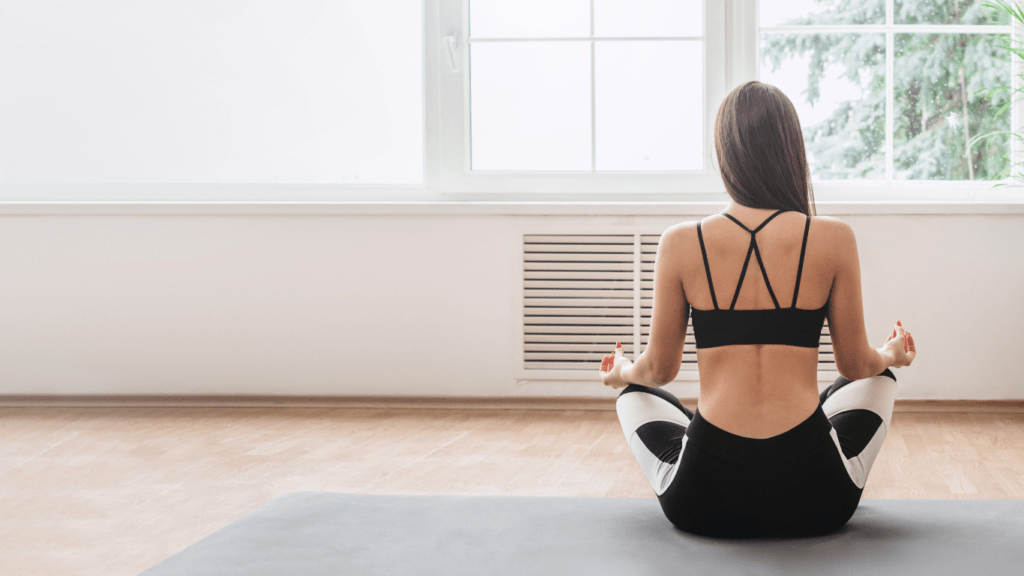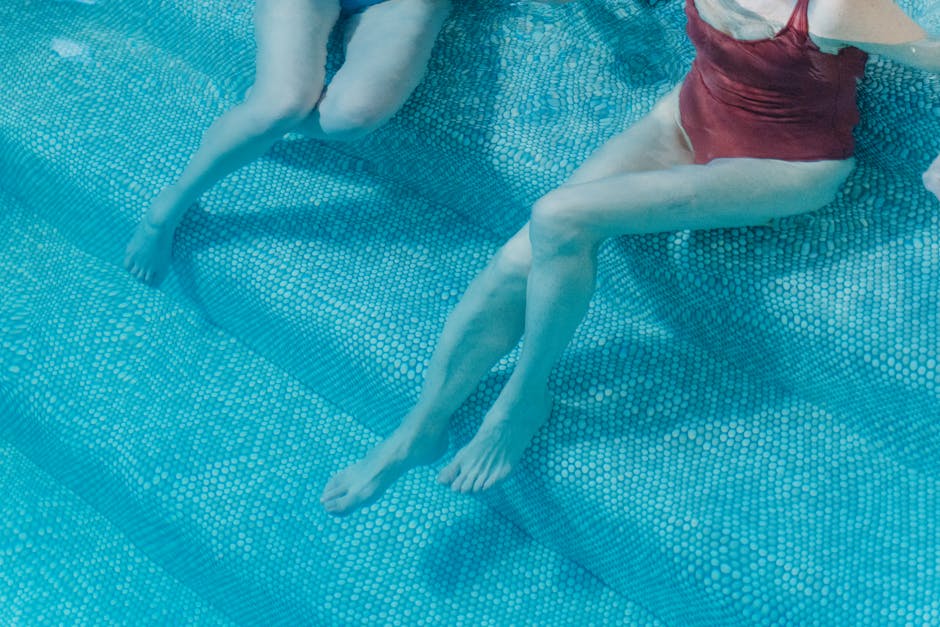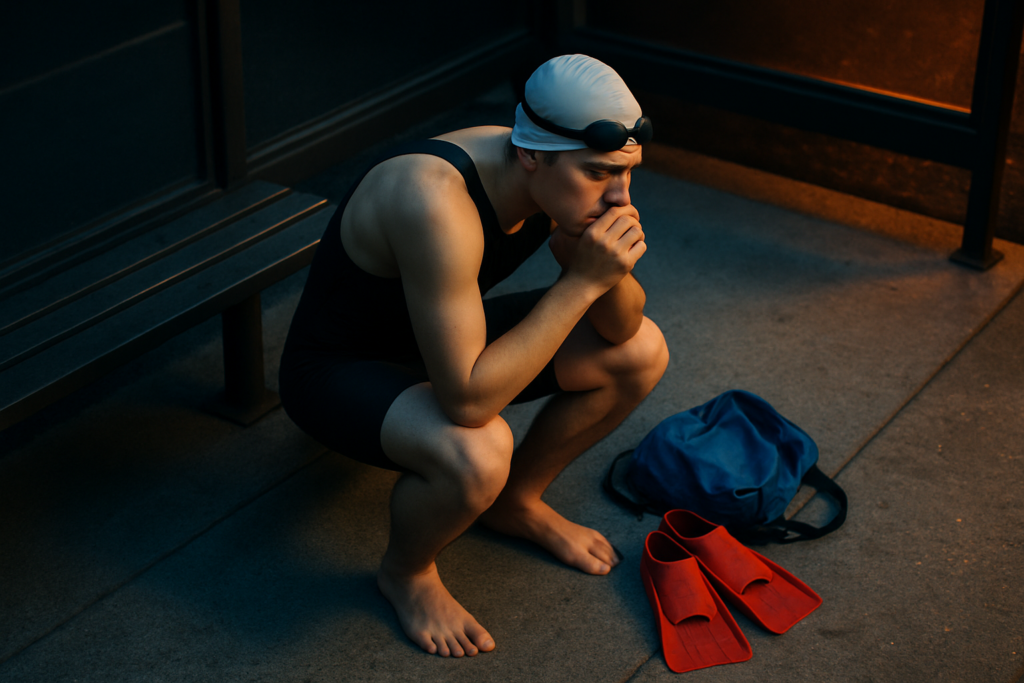Feeling those pre-race jitters? I’ve been there. As an avid runner, I know the mix of excitement and nervousness that comes before a big race. That’s where meditation can work wonders. In this article, I’ll share some powerful meditation practices to help calm those pre-race nerves and get you in the zone for peak performance.
When the pressure is on and your mind is racing, taking a few moments to center yourself through meditation can make all the difference. From focused breathing exercises to visualization techniques, I’ll walk you through practical methods to quiet the mind and channel your inner calmness. Whether you’re a seasoned athlete or just starting your racing journey, incorporating these meditation practices into your pre-race routine can help you achieve a state of mental clarity and readiness like never before.
Understanding Pre-Race Nerves
I’ve found that understanding why pre-race nerves occur and how they impact performance is crucial for athletes to manage them effectively. Let’s delve into the reasons behind these nerves and their effects on your race-day performance.
- Why They Occur
Pre-race nerves stem from the body’s natural fight-or-flight response triggered by the anticipation of a challenging event. The release of stress hormones like adrenaline can lead to heightened anxiety, jitters, and a racing heart. These physiological responses are the body’s way of preparing for action, but they can also hinder performance if not managed well. - Impact on Performance
The impact of pre-race nerves on performance can manifest in various ways, such as decreased focus, impaired decision-making, and physical tension. High levels of anxiety can lead to negative thoughts, self-doubt, and a lack of confidence, all of which can sabotage an athlete’s performance on race day. By understanding how pre-race nerves affect you personally, you can develop strategies to mitigate their impact and optimize your performance.
Exploring Meditation Types
In my experience as a runner, exploring different meditation types has been instrumental in calming pre-race nerves and improving my performance on race day. Let’s delve into some effective meditation techniques tailored to help athletes achieve a state of mental clarity and focus before a race.
Mindfulness Meditation
Mindfulness meditation is a powerful practice that involves being fully present in the moment, focusing on your breath, sensations, and thoughts without judgment. By cultivating mindfulness, athletes can enhance their ability to stay calm and centered amidst pre-race jitters. Practicing mindfulness meditation regularly can help in developing self-awareness, promoting emotional regulation, and reducing anxiety levels, all of which are beneficial for athletes looking to manage pre-race nerves effectively.
Guided Visualization
Guided visualization is a technique where athletes mentally imagine themselves successfully completing a race, visualizing every detail from start to finish. This practice helps in boosting confidence, enhancing performance, and reducing pre-race anxiety by creating a mental blueprint of success. By vividly picturing a positive race outcome through guided visualization, athletes can instill a sense of calmness, focus, and readiness, setting the stage for a successful performance on race day.
Body Scan Meditation
Body scan meditation involves systematically focusing on different parts of the body, bringing awareness to sensations, tension, and relaxation. This practice allows athletes to release physical tension, identify areas of stress or discomfort, and promote a sense of ease and comfort before a race. By scanning the body from head to toe and consciously relaxing each muscle group, athletes can alleviate pre-race nerves, improve overall body awareness, and enter a more grounded and composed state for optimal performance.
Benefits of Meditation for Athletes

Meditation offers numerous advantages for athletes, enhancing their mental and physical well-being to help them perform at their best on race day. Let’s explore how meditation benefits athletes in terms of improved focus and concentration, as well as reduced stress and anxiety.
Improved Focus and Concentration
Meditation techniques like mindfulness meditation and guided visualization can significantly enhance an athlete’s focus and concentration. By engaging in regular meditation practices, athletes can train their minds to remain present and attentive, sharpening their focus on the race ahead. This heightened concentration enables athletes to block out distractions, make quick decisions, and maintain optimal performance levels throughout the race.
Reduced Stress and Anxiety
Athletes often experience high levels of stress and anxiety leading up to a race, which can negatively impact their performance. Through meditation practices such as body scan meditation, athletes can learn to relax their bodies and calm their minds, reducing stress and anxiety levels. By incorporating meditation into their pre-race routine, athletes can effectively manage their nerves, maintain a sense of calmness, and approach the race with a clear and focused mindset.
Implementing Meditation into Your Routine
When it comes to implementing meditation into your routine, finding the right time is crucial. I suggest incorporating meditation into your schedule either in the morning to start your day with a clear mind or in the evening to unwind and relax before bed. Consistency is key, so pick a time that works best for you and stick to it.
Finding the Right Time
I find that practicing meditation in the morning helps me set a positive tone for the day ahead. By starting the day with a calm mind, I feel more focused and ready to tackle any challenges that come my way. Alternatively, meditating in the evening can be a great way to wind down after a long day and prepare your mind for restful sleep.
Creating a Calm Space
Creating a calm and peaceful space for meditation is essential for a successful practice. Find a quiet spot in your home where you won’t be disturbed, and consider adding elements like soft lighting, comfortable cushions, or soothing music to enhance the atmosphere. Make sure your space is free from distractions to help you fully immerse yourself in the meditation experience.


 is a passionate advocate for fitness and healthy living, blending her expertise in swimming with a dedication to overall wellness. With years of experience both in and out of the pool, she offers valuable insights on effective workout routines, nutrition, and lifestyle habits that support peak performance and vitality. Rosamie’s writing is characterized by its practical advice, encouraging readers to adopt sustainable habits for long-term health and fitness. She frequently shares her personal journey and success stories to motivate others, and her articles often include actionable tips that readers can easily incorporate into their daily lives. By focusing on a holistic approach to fitness, Rosamie aims to help individuals not only achieve their athletic goals but also cultivate a balanced and fulfilling lifestyle.
is a passionate advocate for fitness and healthy living, blending her expertise in swimming with a dedication to overall wellness. With years of experience both in and out of the pool, she offers valuable insights on effective workout routines, nutrition, and lifestyle habits that support peak performance and vitality. Rosamie’s writing is characterized by its practical advice, encouraging readers to adopt sustainable habits for long-term health and fitness. She frequently shares her personal journey and success stories to motivate others, and her articles often include actionable tips that readers can easily incorporate into their daily lives. By focusing on a holistic approach to fitness, Rosamie aims to help individuals not only achieve their athletic goals but also cultivate a balanced and fulfilling lifestyle.
